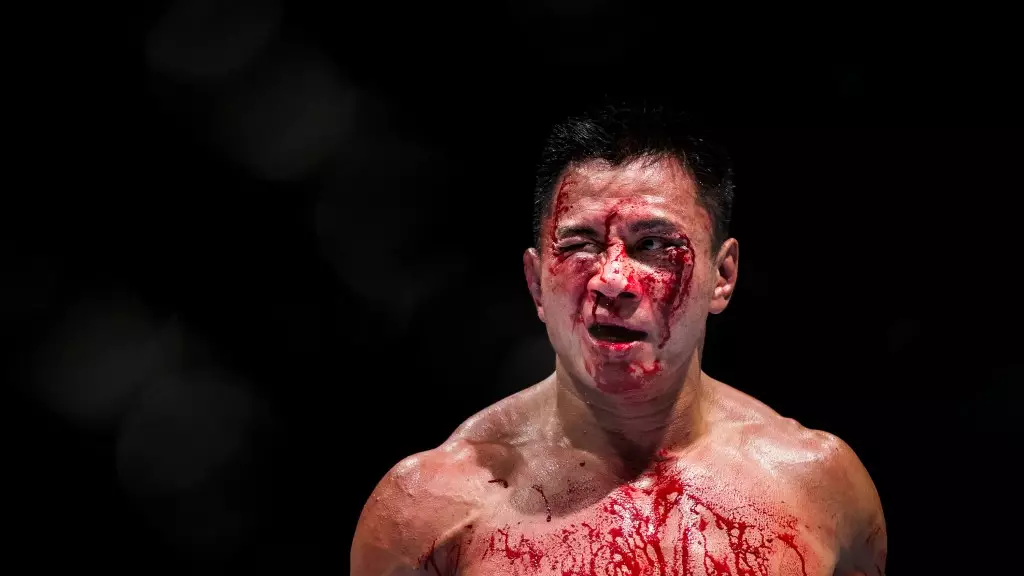In a significant turn of events within the realm of professional mixed martial arts, over 50 former UFC fighters have come together to express their support for a proposed settlement agreement in the ongoing Le vs. Zuffa antitrust lawsuit. Their unified stance marks a poignant moment for the athletes who have faced myriad challenges both during and after their careers in the octagon. This settlement is not merely a financial proposition but an essential acknowledgment of their struggles and sacrifices, bringing attention to the broader issues that surround the treatment of fighters within the Ultimate Fighting Championship.
The proposed settlement amount stands at an impressive $375 million. This figure emerges in the wake of a prior proposal of $335 million, which was rejected by U.S. District Court Judge Richard Boulware due to concerns over its adequacy. The initial proposal encompassed broader claims, including the Johnson vs. Zuffa case; however, the latest offer is strictly tied to Le’s case, streamlining the settlement process and focusing on the financial recovery for the affected athletes. This streamlining also reflects a conscious effort to hone in on the urgent needs of fighters who have sustained physical and mental health repercussions stemming from their careers.
The urgency for resolution resonates deeply throughout the letters submitted by the fighters. Many have faced persistent financial hardships and unstable futures, compounded by physical injuries and mental health challenges. The consistent refrain among these letters is the reversal of risk that goes with a trial; fighters prefer immediate relief rather than the uncertain potential for a larger recovery that could culminate in years of legal battles and no guarantees.
Among those who stepped forward to share their experiences is UFC Hall of Famer Wanderlei Silva, who articulated the severe impact of traumatic brain injuries sustained during his fighting career. Silva’s message is a compelling reflection of the lingering effects of concussions and cognitive impairments. “I fear that during my career I have suffered traumatic brain injury (TBI) and am noticing symptoms common with TBI and CTE including depression, mood swings, and irritability,” he shared, providing a raw glimpse into the darker side of a profession often glorified for its thrill.
Similarly, Diego Sanchez, a winner of “The Ultimate Fighter” Season 1, painted a grim picture of life post-UFC, underscoring the psychological burdens many fighters receive little support for after their time in the spotlight. His acknowledgment of struggles with depression post-career emphasizes the need for a safety net for fighters once their active days come to an end.
The narratives further extend to Todd Duffee, who chronicled the challenges posed by injuries, mischaracterizations, and the resultant economic ramifications that have limited his opportunities outside of fighting. Duffee’s explicit mention of the cultural and economic footprint left by his career decisions sheds light on how external perceptions can shape a fighter’s post-career landscape.
As the situation develops, the legal pathway remains fraught with uncertainties. Should Judge Boulware approve the proposed settlement, it promises a structured compensation plan. Fighters would see respective payouts dictated by their engagement with the UFC, taking into account the number of fights and the compensation received during their fighting tenure. The minimum payout set at $15,000 ensures that each claimant has a safety net, yet the complexities of payout distribution could spark further discussions down the line regarding fairness and equity among different fighters.
However, if the judge declines the settlement proposition, the ramifications could be significant, pushing the case into extensive litigation and requiring a unanimous jury verdict for plaintiffs to achieve any recompense. This judicial fickleness begs the question: what follows if the settlement doesn’t go through? The ongoing anxiety among fighters about the state of their future and their health might eclipse the potential gains from a trial, reigniting the urgent need for reform within the UFC’s structural and operational framework.
The Broader Message: Advocating for Change Beyond the Settlement
The collective expressions of support from former fighters signify not just personal grievances but a broader call for change within the UFC’s practices. This situation underscores the need for improved protections for fighters, covering areas such as health care support, mental health resources, and more comprehensive retirement plans for athletes post-competition.
Ultimately, the situation surrounding the Le vs. Zuffa lawsuit is pivotal not only for the fighters involved but also for the greater landscape of professional fighting. It raises critical questions regarding the responsibilities of organizations like the UFC to protect their athletes and provide necessary support long after the final bell rings. As more fighters join the conversation, it becomes evident that the fight for respect, dignity, and recognition in the world of MMA is far from over.

